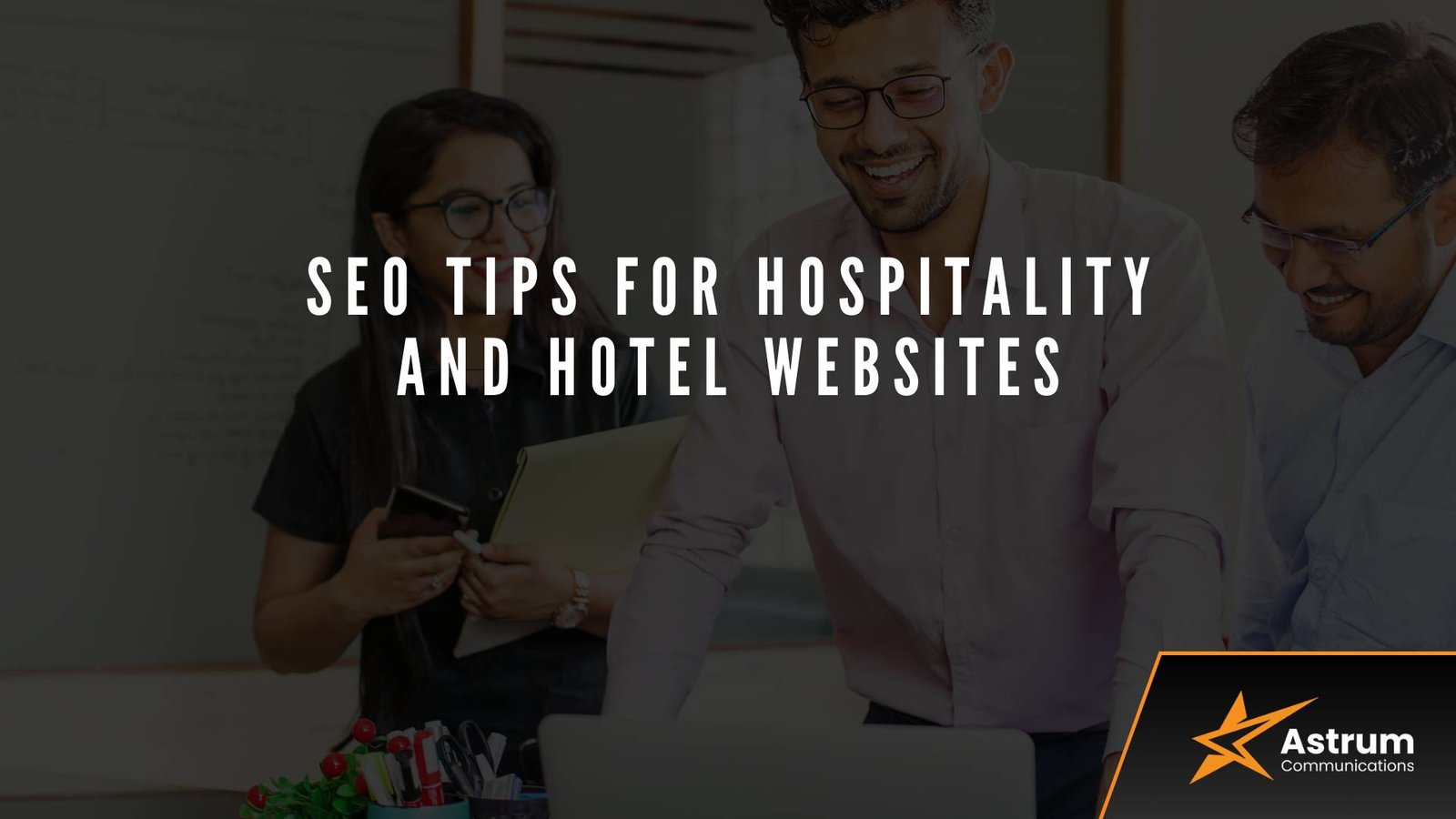In today’s digital landscape, effective SEO for hotels and hospitality websites is essential. By focusing on topical authority and entity SEO, businesses can enhance their online presence, attract more guests, and improve search rankings, ensuring they stand out in a competitive market.
Table of Contents
ToggleUsing Local Keywords for Hotel Booking Pages
Using local keywords on hotel booking pages is vital for improving search visibility and attracting potential guests. Focus on incorporating location-specific terms, such as city names and local landmarks, to connect with travelers searching for accommodation in those areas.
Balance these keywords with relevant phrases that reflect the services your hotel offers, enhancing the overall context of your content. This approach helps establish your site’s topical authority, signaling to search engines that you are a trustworthy resource for hotel options in the specified locale.
Additionally, consider creating blog posts or guides about local attractions, events, or dining options. This enhances your site’s relevance, making it more appealing to both visitors and search engines, ultimately improving your chances of ranking higher in local search results.
Optimizing for Mobile and Fast Loading Speeds
Optimizing for mobile and ensuring fast loading speeds are crucial for hospitality and hotel websites. With the majority of travelers using mobile devices to search for accommodations, a mobile-friendly design enhances user experience and boosts engagement. Fast loading times reduce bounce rates, keeping potential guests on your site longer.
Incorporating clear navigation and optimized images can lead to smoother interactions. Improving mobile performance not only benefits visitors but also signals to search engines that your site is user-friendly, which can enhance rankings. Focus on relevant content that addresses travelers’ needs and questions, establishing your site as an authoritative source. By prioritizing mobile optimization and speed, you improve visibility and drive more bookings for your hotel or hospitality business.
Creating Content Around Travel Guides and Local Attractions
Creating content around travel guides and local attractions is vital for hospitality and hotel websites seeking to enhance their SEO strategy. By focusing on relevant keywords related to local experiences, hotels can build topical authority, positioning themselves as trusted sources of information. This involves producing detailed guides that cover local attractions, dining options, and unique activities. Incorporating engaging multimedia—such as images and videos—can also improve user experience.
Utilize structured data to highlight events and attractions, making it easier for search engines to understand and display your content. Regularly update your guides to reflect seasonal changes and new attractions, keeping your content fresh and relevant. Additionally, integrating local keywords helps to attract potential guests who are searching for experiences in your area, ultimately driving more traffic to your site and increasing bookings.
Encouraging Customer Reviews and Testimonials
Encouraging customer reviews and testimonials is essential for hospitality and hotel websites, as they enhance credibility and visibility in search engines. Positive reviews not only improve your website’s content quality but also establish topical authority by reflecting real experiences. To motivate guests to leave feedback, create a seamless review process by including links in post-stay emails or on your website. Prompt guests to share their thoughts through incentives, like discounts on future stays.
Responding to reviews—both positive and negative—shows that you value guest feedback and fosters a sense of community. This interaction can contribute to your hotel’s online reputation and increase engagement. By incorporating authentic testimonials into your website content, you enhance user experience and strengthen your SEO efforts, making your property more appealing to potential guests. Consistently updating and showcasing reviews helps build trust, ultimately driving more bookings and improving your online presence.
Building Backlinks from Travel Blogs and Directories
Building backlinks from travel blogs and directories is essential for enhancing the SEO of hospitality and hotel websites. These backlinks signal search engines that your site is a reliable source of information in the travel niche, boosting your authority. Start by reaching out to reputable travel blogs to propose guest posts or requests for feature mentions. Additionally, listing your hotel on travel directories builds credibility and visibility. Focus on creating valuable content that appeals to travel enthusiasts, such as guides, local attractions, and travel tips. This not only attracts backlinks but also positions your hotel as an expert in the area, improving your chances of ranking higher in search results. Prioritize relationships with relevant travel websites to strengthen your online presence and enhance your site’s overall SEO performance.
Using Structured Data for Rich Snippets in Search Results
Using structured data is essential for enhancing your hospitality or hotel website’s visibility in search results. By implementing structured data, you can help search engines understand your content better, making it easier to display rich snippets, such as star ratings, booking availability, and pricing information. This not only improves click-through rates but also positions your hotel as an authority in the travel sector. Focus on schema markup relevant to accommodations, such as “Hotel,” “Review,” and “Offering.” Ensuring your structured data is accurate and regularly updated can enhance your online presence, connecting travelers with your services more effectively. This approach contributes to building topical authority in hospitality, setting your site apart from competitors.
Updating Deals and Seasonal Offers for SEO
Updating deals and seasonal offers is essential for optimizing hospitality and hotel websites for search engines. Regularly revising your promotional content helps to keep your website fresh and relevant, which search engines favor. Focus on creating well-structured, informative pages that explicitly highlight your current deals, enticing descriptions, and clear calls to action. Use keywords related to your offers and local attractions to enhance relevance. Additionally, incorporating seasonal themes can improve engagement and encourage bookings during peak periods. By maintaining a consistent update schedule, you establish your site as a reliable source of information, reinforcing your authority in the hospitality sector. Keep user experience in mind, ensuring easy navigation and mobile responsiveness to cater to diverse travelers searching for the best deals.
Conclusion
Incorporating local keywords in hotel booking pages enhances visibility and connects your property with potential guests searching for accommodations in your area. By focusing on relevant local terms, you establish topical authority and improve your hotel’s presence in search results. This strategy not only attracts more visitors but also fosters trust with travelers. For tailored guidance on optimizing your hotel website, consider partnering with Astrum Communications, where we specialize in elevating hospitality brands through effective digital marketing solutions.


